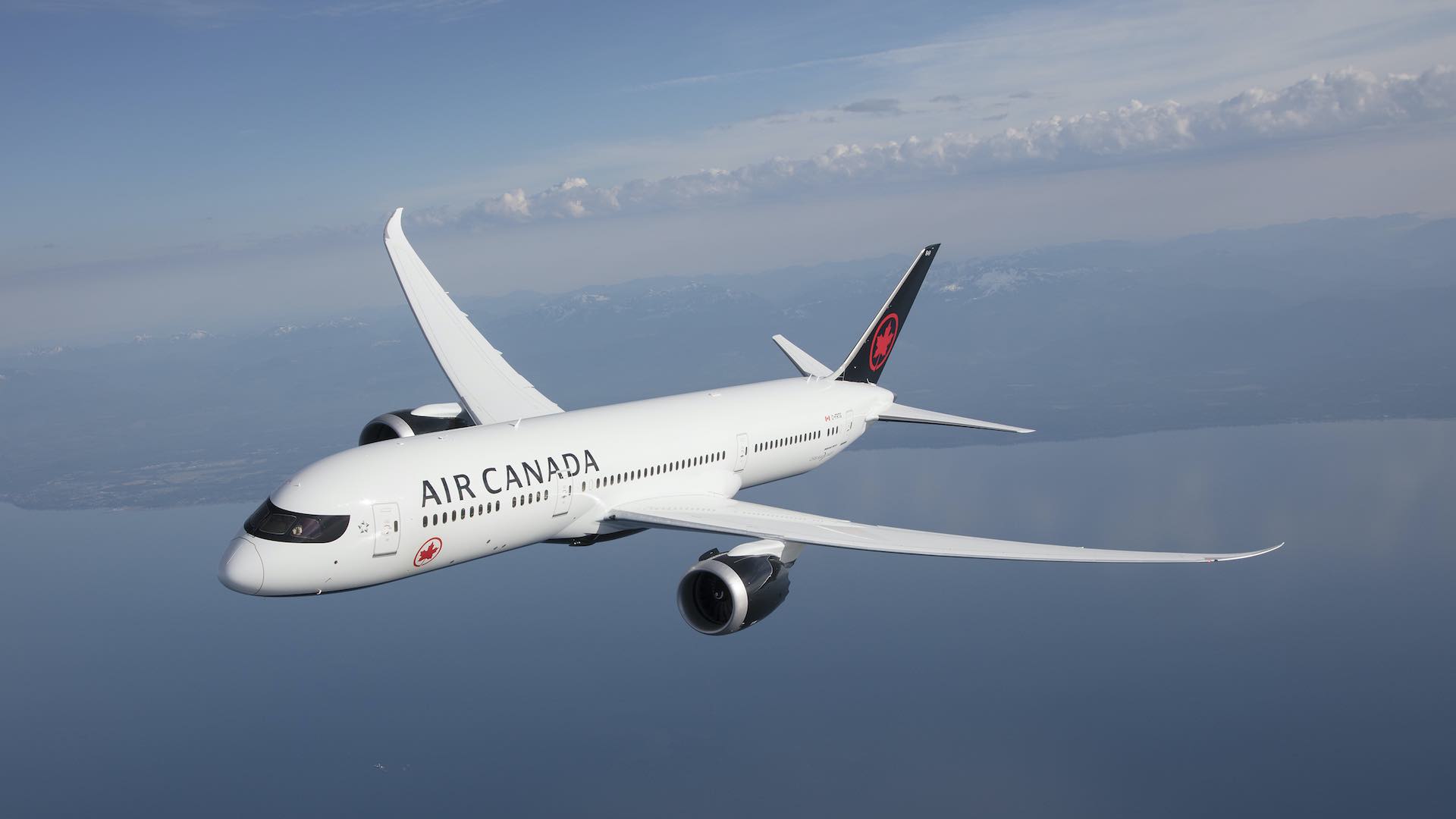In a disturbing incident on an Air Canada flight, two female passengers were asked to disembark after refusing to occupy seats stained with vomit residue, narrates a fellow traveler. Traveling between Seattle and Montreal, the incident came to light when Susan Benson, another passenger on the flight, reported witnessing the scene. Positioned nearby, Benson noticed the commotion between the passengers and the flight crew.

Detailing the event in a Facebook post that quickly gained traction, Benson stated that not only were the two passengers removed from the aircraft, but the pilot also accused them of being disrespectful towards the cabin crew. “At first, there was just an unpleasant odor. We weren’t sure of the cause,” she mentioned.
Benson’s post further elaborated that the unpleasant situation originated from a passenger vomiting in the same area on a previous flight. While Air Canada staff attempted a rapid cleanup before the subsequent boarding, the effort lacked thoroughness. The remnants of the mess were evident. “The seatbelt and seat still looked damp, with traces of vomit nearby,” Benson described. Even the airline’s attempt to neutralize the smell using perfume and coffee didn’t mask the persistent stench.
When the distressed passengers approached the cabin crew to voice their discomfort, hoping for alternative seating, they were polite yet assertive, citing the inability to endure such conditions for a flight lasting five hours. Despite the staff’s apologetic demeanor, they were informed that a seat change was impossible due to a full flight.
The situation took a turn for the worse when the pilot intervened, presenting the passengers with a grim choice: voluntarily exit the plane and arrange their own subsequent flights or face forcible removal and potential inclusion on a no-fly list. In the end, security officials escorted the two women from the aircraft.
In response to inquiries about the event, Air Canada acknowledged the severity of the issue. They informed Insider, “We are actively reviewing this significant matter internally. We’ve reached out to the customers directly since our operational procedures were not aptly executed. We have apologized to these customers for not meeting the service standards they deserved and for not addressing their grievances adequately.”
The incident aboard the Air Canada flight not only revealed the inefficiencies and oversight in maintenance but also exposed a deeply troubling lack of sensitivity and customer-centric approach on the part of the airline’s staff, notably the pilot. When customers voice legitimate concerns, especially those tied to hygiene and comfort, it is an airline’s foremost duty to address them promptly and empathetically.
Instead, the flight crew and the pilot chose to escalate the situation. The pilot’s ultimatum to the passengers — suggesting they the inconvenience of rearranging their travels or face the grave consequence of being offloaded — was not just shocking but demonstrated a glaring lapse in judgment. Such punitive measures towards passengers voicing legitimate grievances have no place in the service industry.
In an age where global communication is instantaneous and brand reputation can be made or broken overnight, Air Canada’s mishandling of the situation is nothing short of a public relations disaster. Standard protocols in such situations would typically involve compensating the affected passengers, perhaps with hotel accommodations or flight upgrades, as gestures of goodwill.
But the punitive stance taken by the airline has led to significant global backlash, causing irreparable brand erosion. With competition in the airline industry fiercer than ever, it remains to be seen how Air Canada navigates the aftermath of this incident, especially given the worldwide scrutiny and diminishing trust from potential passengers.
